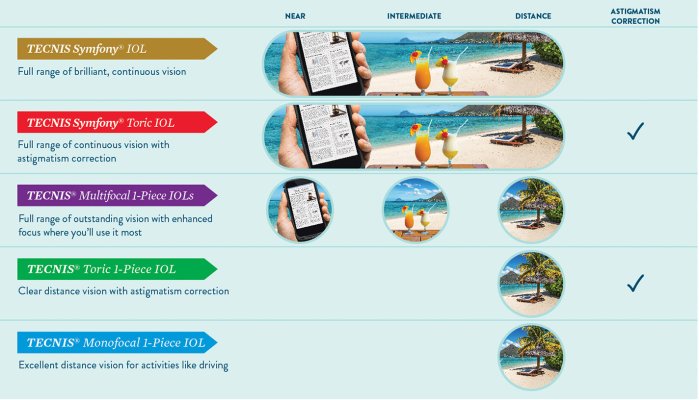ShokWaveRider
Give me a museum and I'll fill it. (Picasso) Give me a forum ...
I did mine for reading and wear glasses to drive. I have done that all my like anyway so it seemed like a no brainer. I am not wearing glasses as I am typing this, so far so good. I spend a lot more time on my computer than I do driving. After 6 years all good.

